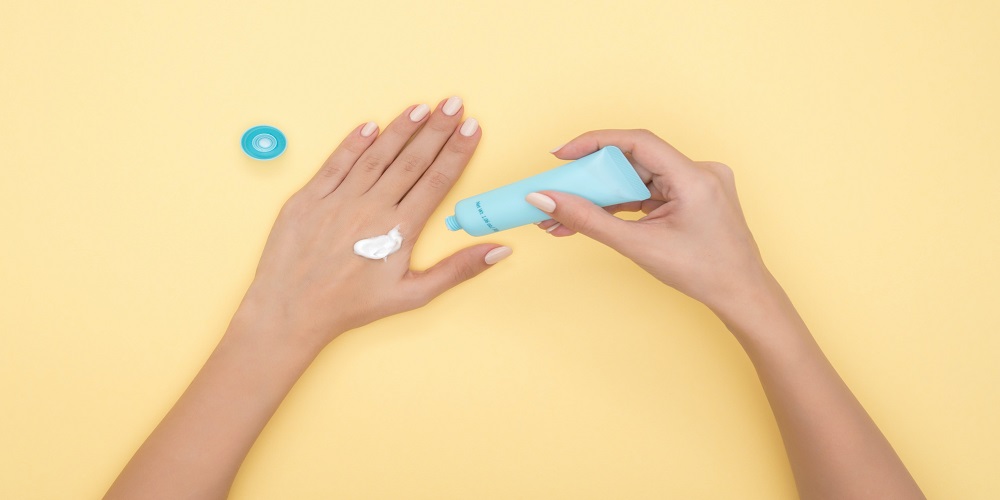Sunlight helps our skin make vitamin D, which is good for our health. It makes our skin and immune system strong. But too much sun can harm our skin and make it age faster. It’s vital to balance sun exposure for healthy, glowing skin. Be careful in the sun!

Vitamin D plays a critical role in our skin.
Our skin relies on sunlight to produce vitamin D, which acts as a superhero protecting and nourishing our skin. This essential nutrient promotes healthy growth and shields against potential harm, preventing issues like psoriasis.
To maintain radiant and vibrant skin, it’s important to consume nutritious food and spend some time in the sun.
Daily sunscreen use is still important.
Protect your skin from the sun! Too much sun can cause skin problems. To stay safe, use sunscreen with SPF 30 or more every day. Look for ones with non-nano zinc oxide.
Stay in the shade when the sun is strongest and wear protective clothes. Be careful near water, snow, or sand because they can make the sun stronger. You can buy skincare products online to take care of your skin.
Gradually build up time outdoors.
To allow skin to adapt and produce vitamin D at the lowest UV exposure, gradually increase time in the sun at the start of spring and summer. For most skin types, this routine enables the skin to generate enough vitamin D without getting burned. Continue moderate sun exposure to maintain healthy vitamin D levels year-round. Protect skin and discontinue sun exposure if burning occurs.
Watch for signals of excess sun exposure.
While some pinkness or redness after time in the sun is normal at first, take caution once skin shows signs of damage from excess UV radiation. Sunburn, blistering, dark spots, wrinkling or sagging skin, rough patches and textural changes may signal too much unprotected time in the sun.
Heed these warnings and immediately take action to shield skin and allow it to heal before attempting gradual sun exposure again. In addition to vitamin D benefits, listen to what your skin tells you about proper sun protective measures for your unique needs.
Eat foods rich in vitamin D.
In addition to sensible sun exposure, include vitamin D-rich foods in your diet. Fatty fish like salmon and mackerel, fish oil, liver, egg yolks, mushrooms, and fortified dairy and grains contain vitamin D. Combining sun and food sources helps maintain healthy vitamin D levels, especially when sun exposure is limited in winter.
Talk to your doctor or dietitian about foods to incorporate if your levels are low. A supplement may also be recommended, but food provides vitamin D3, which is best absorbed and utilized by the body.
Conclusion
While excessive sun can indeed be harmful, sensible UV exposure remains crucial for our health. Sunlight triggers the skin to produce vitamin D, which research indicates can help reduce the risk of various illnesses, improve mood, support immune function, and benefit the skin.
Aiming for around 15-30 minutes of midday sun exposure 2-3 times per week, alongside daily sun protection, supports ideal vitamin D levels. Gradually building up tolerance allows the skin to adapt and generate vitamin D while preventing damage.
Be attentive to how your unique skin responds to the sun. With some practical precautions, you can soak up just the right amount of sun to keep your skin healthy and radiant.